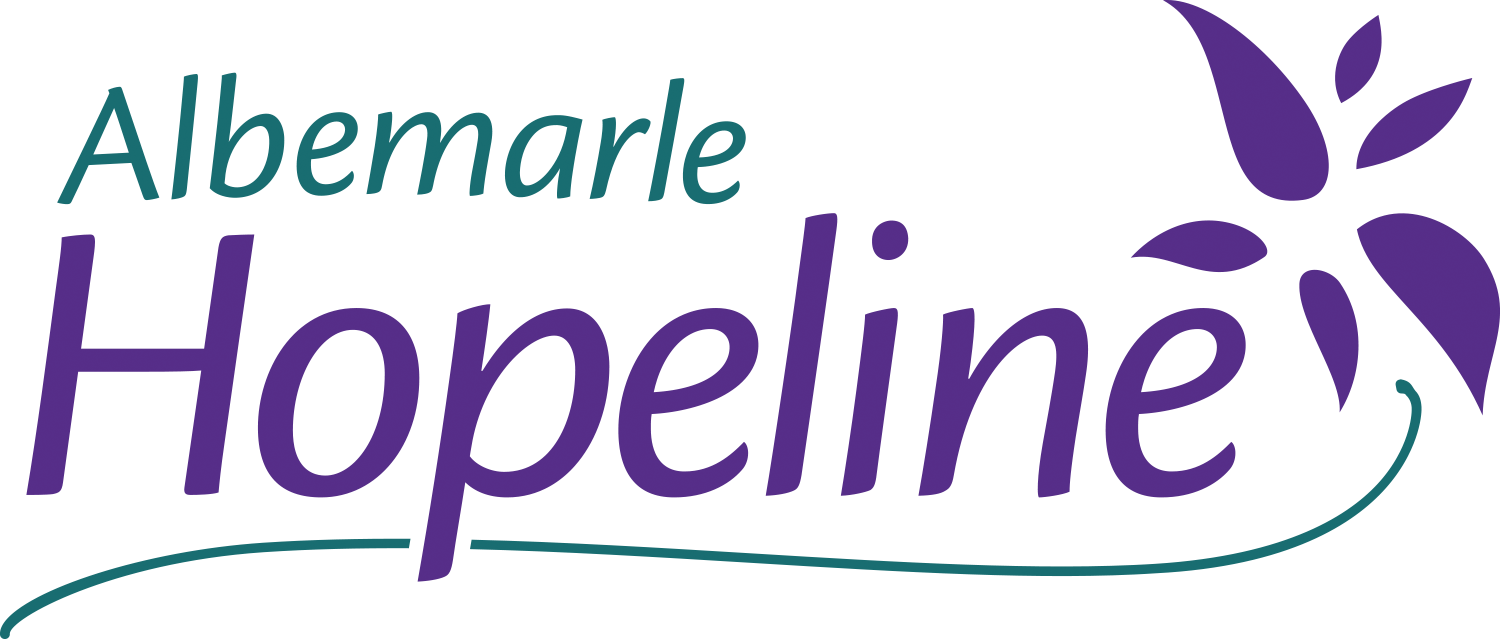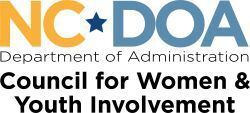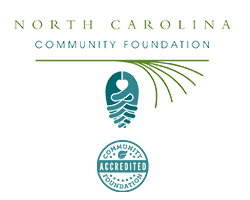Every October, communities across the country observe Domestic Violence Awareness Month. This is a time to honor lives lost, celebrate survivors, and reflect on the progress and ongoing struggles of the anti-violence movement. Since its inception in 1987, awareness has grown, but harmful myths and misunderstandings persist.
One of the most dangerous myths is that domestic violence is a “private matter” that only affects those directly involved. The truth is far more sobering: domestic violence is a community-wide crisis with devastating impacts on individuals, families, and society at large. It burdens our criminal justice, social service, and healthcare systems and inflicts lasting economic damage.
Domestic violence is far more common than most people realize, affecting one in four women and one in seven men. Here in northeastern North Carolina, Albemarle Hopeline assists more than 700 victims every year, averaging two new case intakes every day.
Additionally, domestic violence doesn’t stay confined to the home. Abusers often harass, stalk, and intimidate their victims in public spaces. Domestic violence causes a high volume of calls to law enforcement, and are among the most dangerous situations officers face. The violence wrought by abusers can sometimes harm or kill innocent bystanders. In North Carolina, domestic violence homicides are rising, leaving entire communities shaken and fearful.
There are also long-lasting implications for children who witness violence in the home. Exposure to abuse at a young age can leave deep emotional and psychological scars. These children are more likely to struggle in school, experience anxiety and depression, or develop substance abuse disorders. Most heartbreakingly, they are twice as likely to become victims or abusers themselves as adults. The cycle of trauma can repeat for generations unless we intervene.
Domestic violence isn’t just a safety issue- it’s also a public health crisis. It is the leading cause of injury for women ages 18 to 44 and significantly increases the risk of chronic health conditions like heart disease, asthma, and stroke. Mental health challenges such as PTSD, anxiety, depression, and substance use are also more common among survivors. These health consequences strain our healthcare system and shorten lives.
Beyond the personal toll, domestic violence costs the U.S. economy billions of dollars every year in lost wages, medical expenses, and criminal justice costs. Many victims lose their jobs due to injury, missed work for court proceedings, or ongoing harassment in the workplace. The majority of victims of physical abuse also experience financial abuse, leading to debt and poor credit, which can make it difficult for survivors to secure housing or support themselves independently. Domestic violence is the leading cause of homelessness among women and children in the U.S., and a lack of affordable housing often traps victims in dangerous situations.
Because domestic violence affects everyone, we all have a role to play in ending it. Community awareness, education, and support are critical. It takes all of us to build a culture where abuse is never tolerated, where survivors are believed and supported, and where safety is a shared priority.
If you or someone you know is experiencing domestic violence, help is available. Albemarle Hopeline offers free, confidential services for victims and survivors including a 24-hour hotline, emergency shelter, court advocacy, therapy, and housing programs. Call anytime at 252-338-3011.










